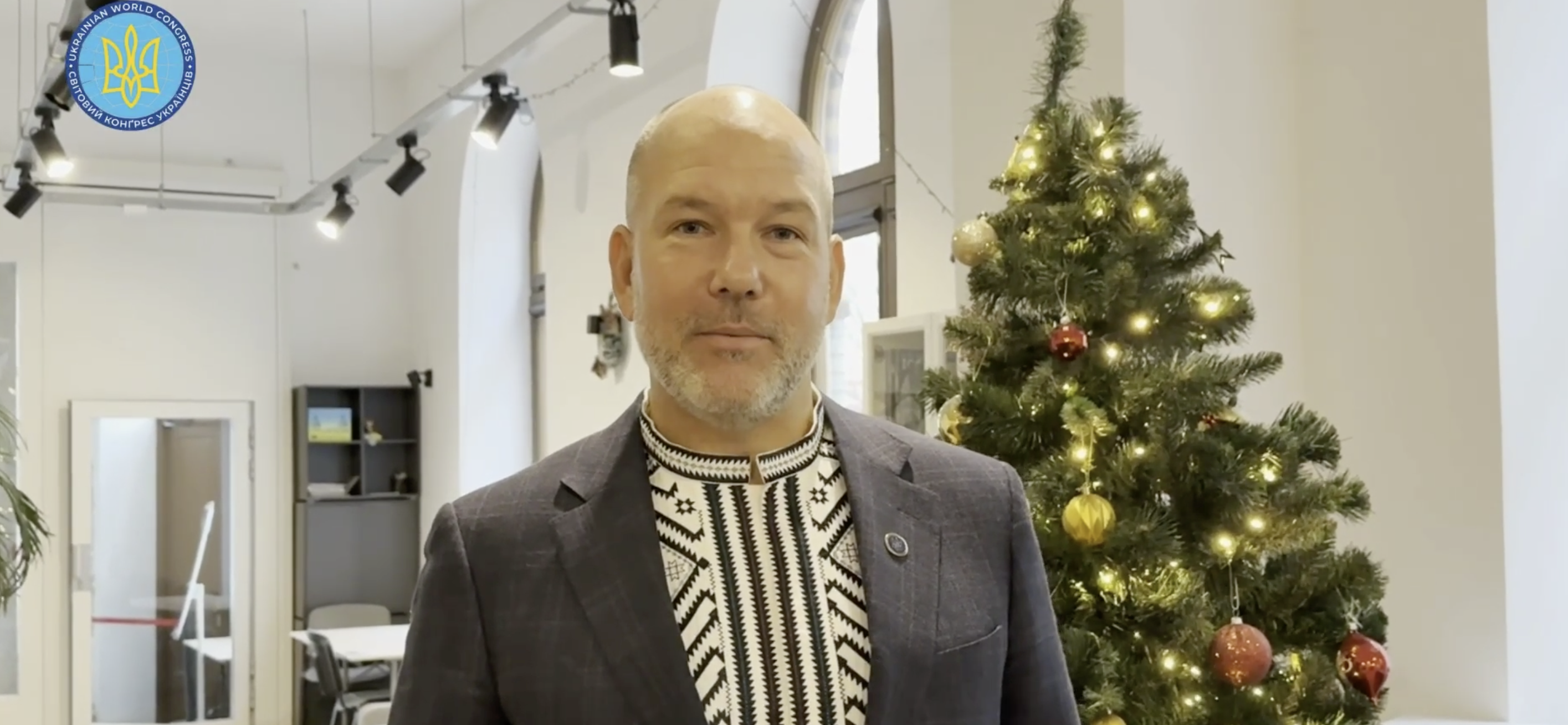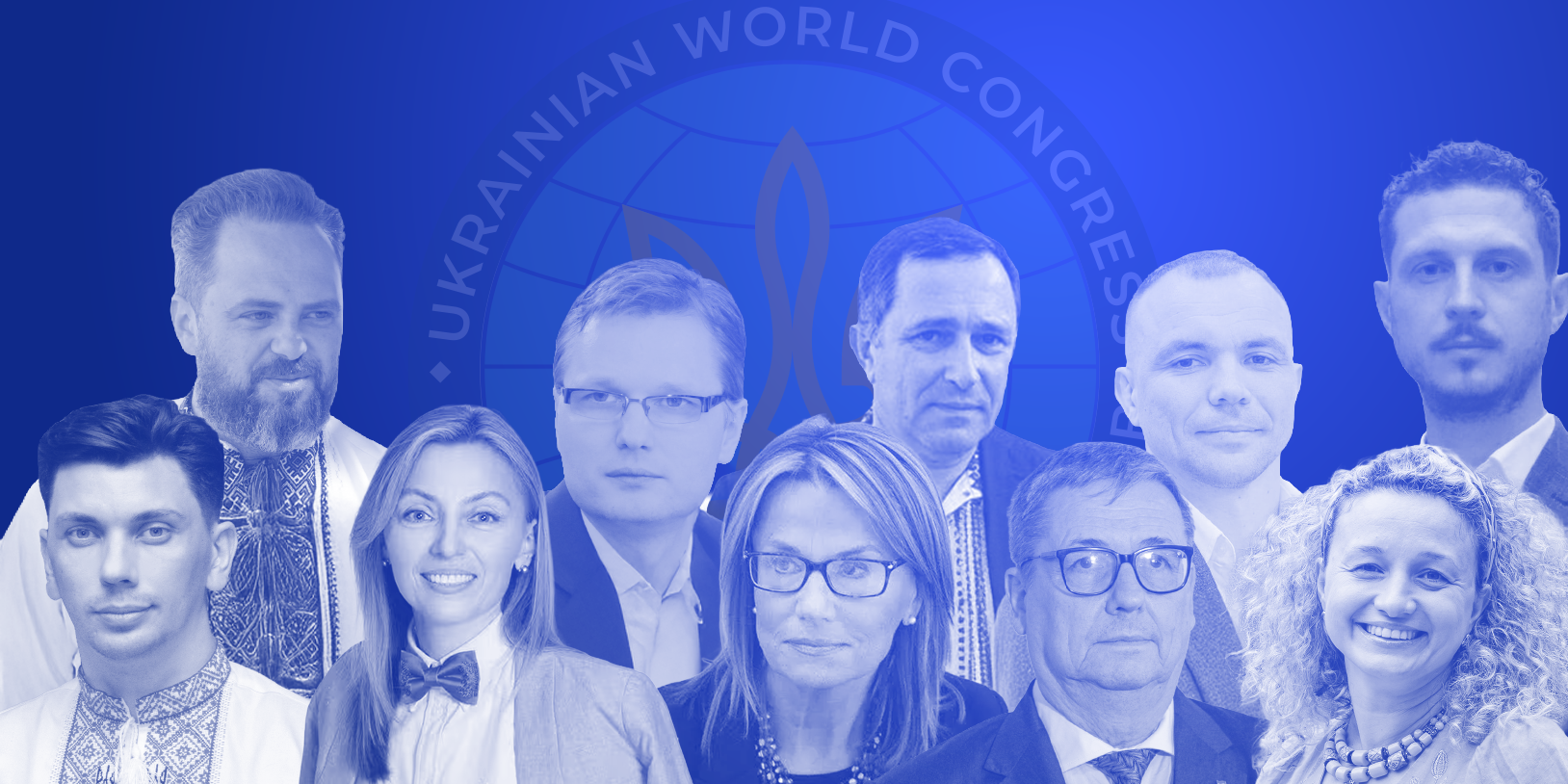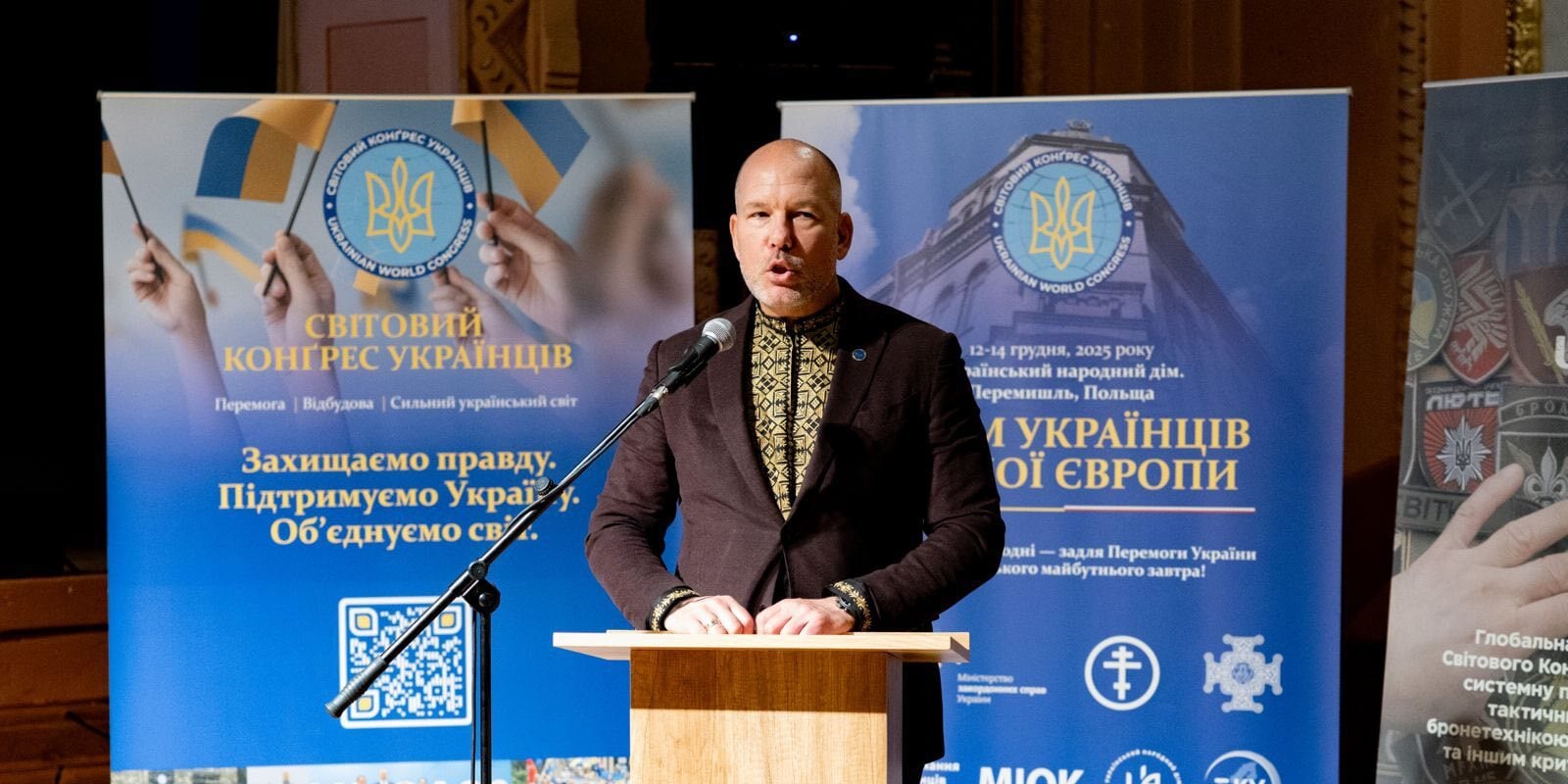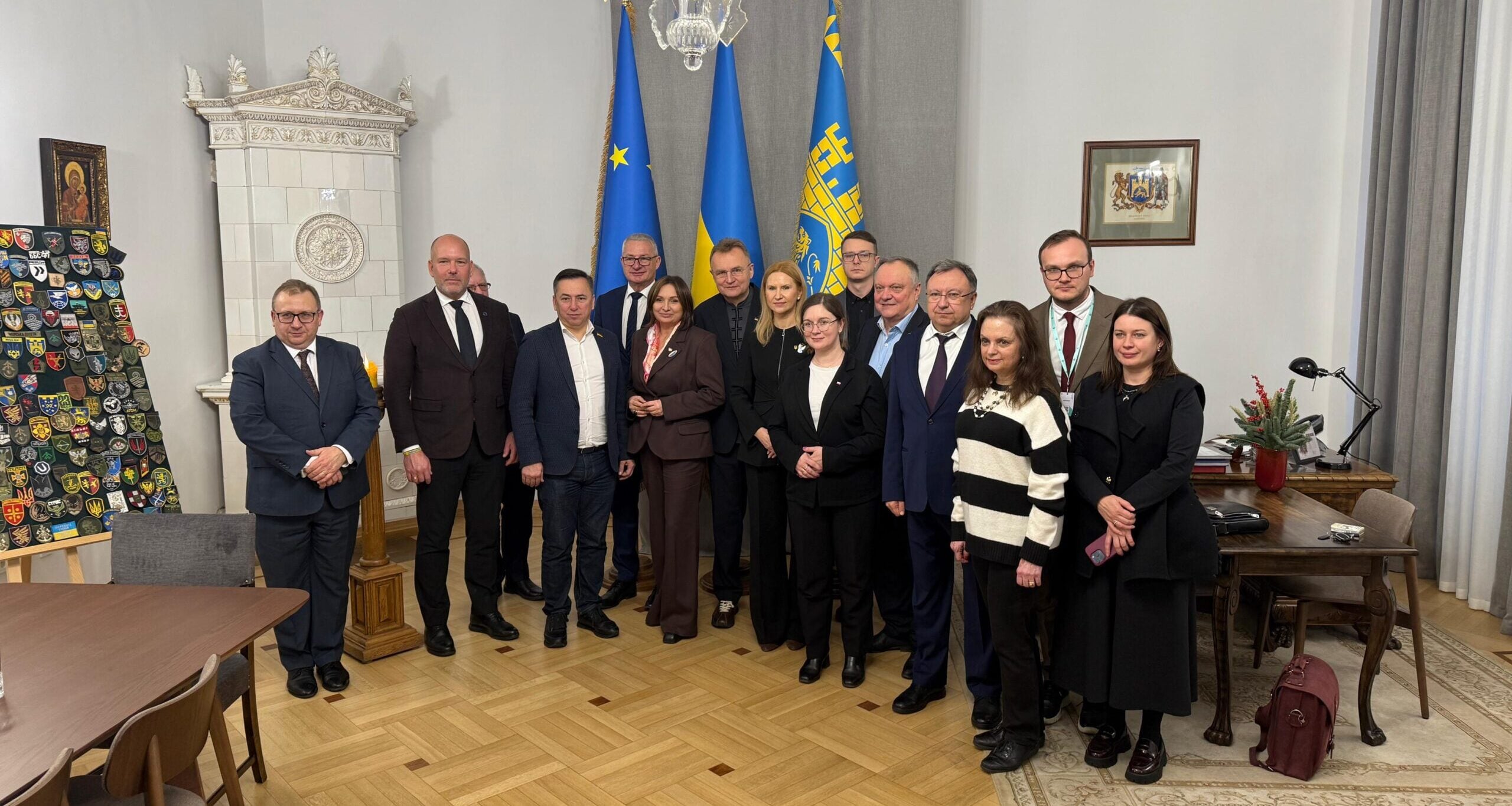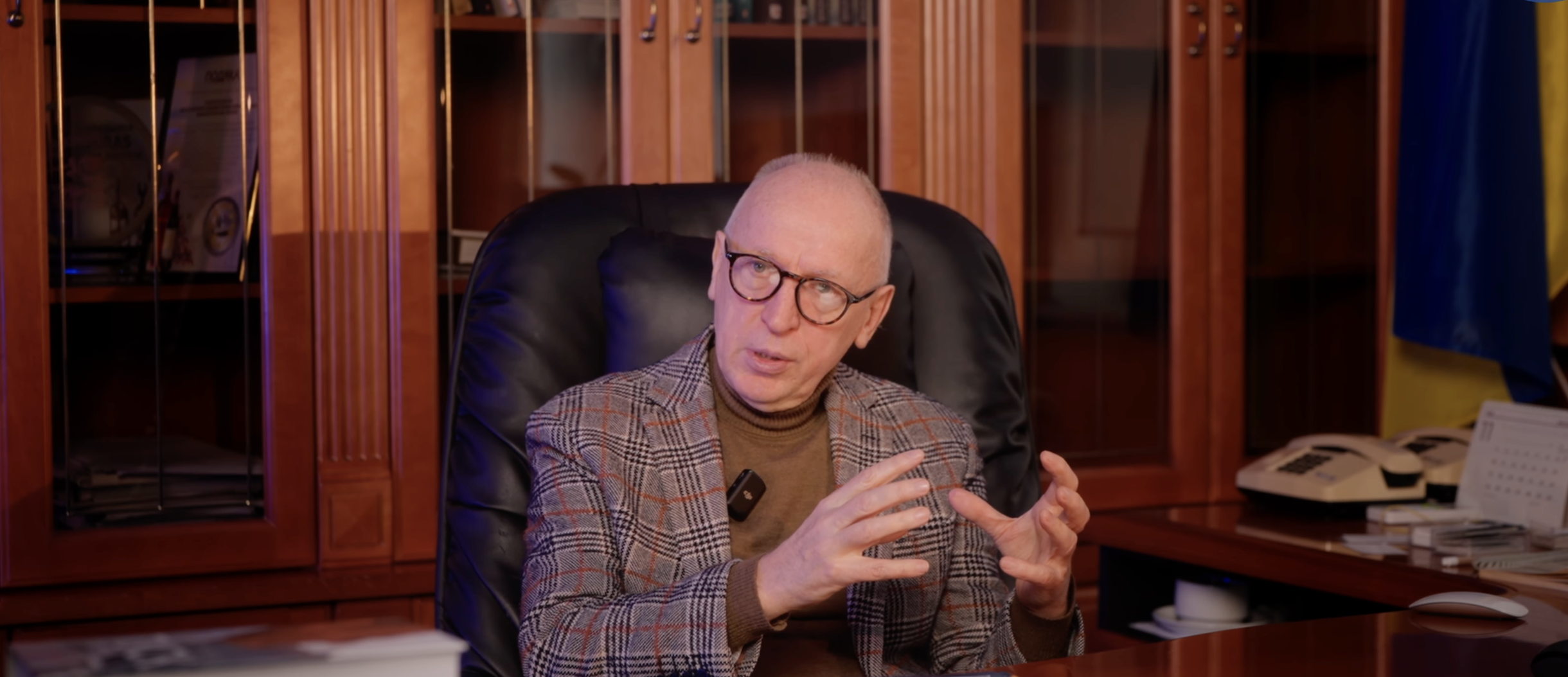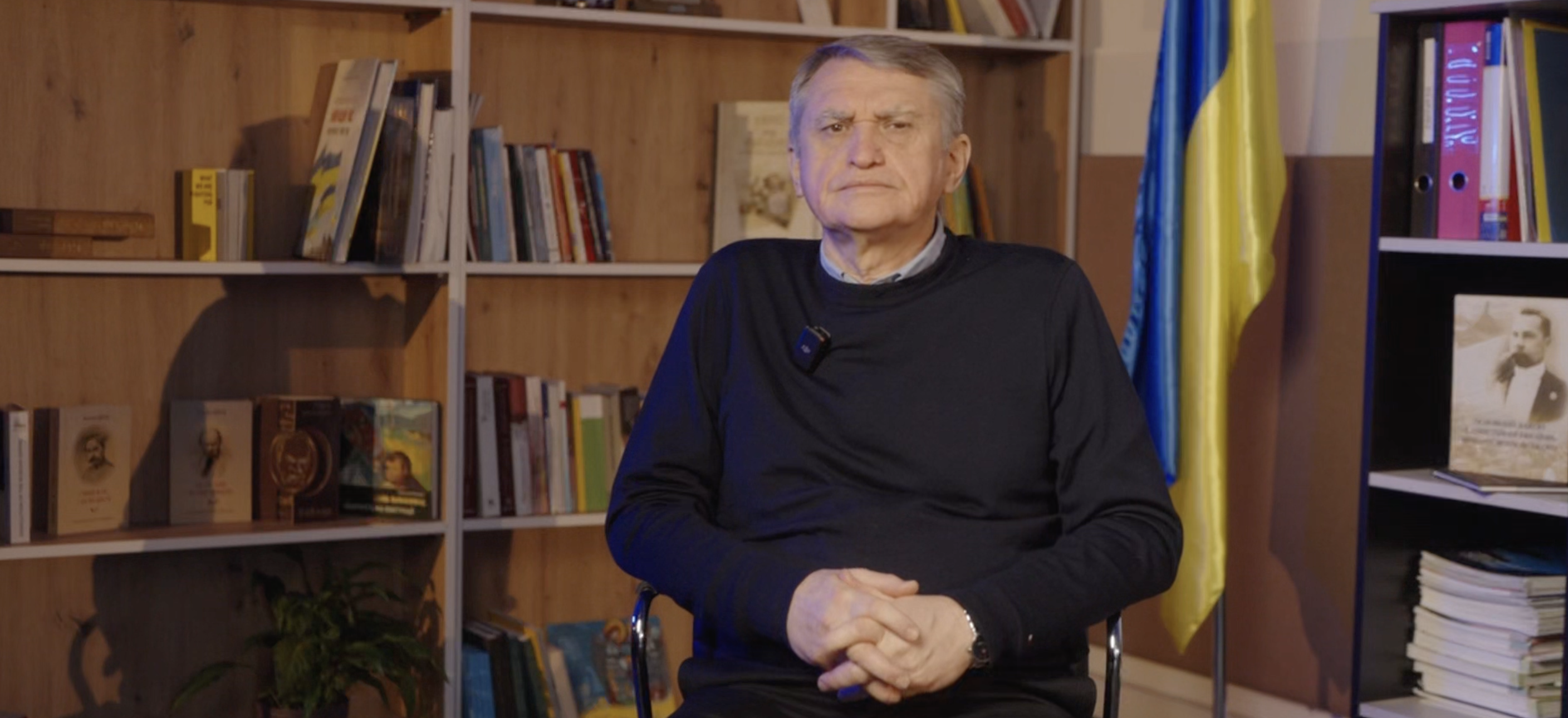
Russia intends to expand its territorial waters unilaterally in the Baltic Sea by shifting borders with Finland and Lithuania, reported The Moscow Times, citing a draft resolution of the Russian government. The changes will also affect waters near the cities of Baltiysk and Zelenogradsk in Kaliningrad Oblast.
The occupiers are attempting to change the geographical coordinates defining the positions of baseline points to measure the width of Russia’s territorial sea and adjacent zones near the coast and islands. After information about the corresponding bill spread, it disappeared from the Russian government’s website.
The Russians said that supposedly current geographical coordinates were set by the Soviet government and “do not fully correspond to the current geographical situation.”
In Lithuania, Russia’s actions are seen as a deliberate, targeted, escalating provocation aimed at intimidating neighboring countries and their societies. “Reports of Russia’s intent to unilaterally redraw maritime borders in the Baltic Sea is a provocation aimed at escalation,” wrote the country’s president, Gitanas Nausėda.
The Lithuanian Foreign Ministry again called on Russia to respect and adhere to universally recognized principles and norms of international law, as well as international and bilateral agreements on the inviolability of borders.
Finland’s foreign ministry is investigating the incident. Minister Elina Valtonen reminded that the relocation of maritime borders is regulated by the UN Convention on the Law of the Sea, in which Russia participates. “It is worth remembering that causing confusion is also a hybrid influence. Finland will not be confused,” Valtonen emphasized.
The chairman of Estonia’s Parliament’s Foreign Affairs Committee, Marko Mihkelson, said it was time for NATO to “wake up” and demonstrate its ability to respond to Russian threats adequatelys.
“With such steps, Russia is testing NATO’s readiness to defend itself. So far, he has received a signal that NATO does not dare to quarrel with Russia. Be it helping Ukraine at half strength and banning their use of weapons, turning a blind eye to Russian missile and drone inflows, widespread GPS signal jamming, or disrupting vital infrastructure. Even the ambassadors of the NATO member states do not dare to make a joint visit to Kyiv, fearing that it could place NATO as if it were at war with Russia,” Mihkelson said.
Cover: Shutterstock
